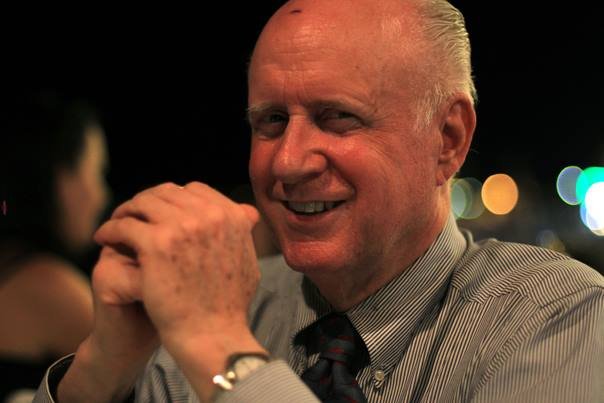Join us as we kick off 2018 with our annual President’s lecture!
CHSC President Charles Perry starts the season off with “What to Order in 13th Century Granada.”
In the early Middle Ages, dynastic conflict led to the founding of a new Caliphate in Spain, rivaling the one in Baghdad. Of course, it needed an appropriately grand court cuisine, and over the centuries it developed one.
Partly it was based on medieval Persian cuisine, but the Moorish Arabs were exposed to new influences—Berber, Spanish, Jewish and even northern European—and as a result, Spain and North Africa became a hothouse of invention. Eventually the Berbers contributed couscous and the Spanish were involved in the invention of puff pastry. Medieval Moorish cookbooks give a number of Jewish recipes—many of them, interestingly, featuring chicken livers—and even some dishes of the European slaves (saqaliba) held by the Moors.
The Moors were the only people in the Near East who served banquets in courses, rather than setting out all the food at once. (One cookbook sniffily said, “by my life, this is more beautiful than putting an uneaten mound all on the table, and it is more elegant, better-bred, and modern.”) They were also the only people in this part of the world who regularly made large pies, rather than little samosa-like pastries, and they were obsessed with topping every possible dish with eggs. Every possible dish.
On top of that, a number of new dishes were invented, such as Wrists, The Monkey’s Head and The Bucket. Charles Perry will guide you through the medieval Moorish menu.
A reception with themed refreshments will follow the talk at approximately 11:30am.
About the speaker:
Charles Perry majored in Middle East Studies at Princeton University and the University of California, Berkeley, and spent a year at the Middle East Centre for Arab Studies in Shimlan, Lebanon. Thereafter he pursued a career as a writer, serving as an editor and staff writer at Rolling Stone Magazine 1968-1976 and the Los Angeles Times 1990-2008. He is the president and co-founder of the Culinary Historians of Southern California.
He has translated three 13th-century books on on the cuisine of the eastern Arab world, including Scents and Savors: A Syrian Cookbook (NYU Press, 2017). His translation of a 13th-century Moorish cookbook is available online at http://www.daviddfriedman.com/Medieval/Cookbooks/Andalusian/andalusian_contents.htm.
This event is free and open to the public.

